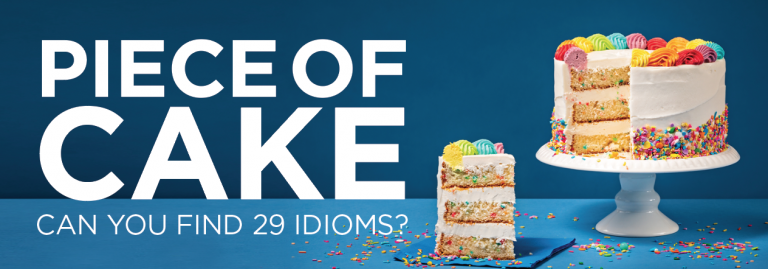Last Saturday the world celebrated the oldest hand game in human history. Do you know what it is?
On August 27th hand gamers around the world celebrated the iconic Rock-Paper-Scissors game, known by some in the U.S. as “Rochambeau” (often misspelled Roshambo).
LET’S PLAY… ROCHAMBEAU?
Where the heck did the word Rochambeau come from? The name refers to Count Rochambeau, a French general whose troops played a pivotal role in helping America defeat the British at Yorktown in 1781. The general was an avid fan of the game, playing it with his soldiers to keep spirits high and settle minor disputes.
FACT OR FICTION?
The origin of the alternative “Rochambeau” name for Rock-Paper-Scissors (RPS) is considered an “illusory truth,” which is when “a piece of false information is believed to be true after widespread, repeated exposure.”
Evidence points to the game first becoming known in the United States in the 1930s, with the “Rochambeau myth” getting traction as truth among Rock-Paper-Scissors aficionados.
HOW OLD IS RPS?
Historians agree that the first reference to RPS was in the book Wuzazu, published during the Ming dynasty of China around 1600. In this book, the writer claimed that the game dated back to the Han dynasty around 200 BC.
ROCK-PAPER-SCISSORS?
From country to country RPS is not necessarily played with rock, paper, and scissor hand signs. It has taken many different iterations over the last two millennia.
In Japan the game is called Sansukumi-Ken, meaning “of the three who are afraid of one another.” In the Japanese version, the frog (the thumb) beats the poisonous slug (the little finger), which beats the snake (the index finger), which beats the frog.
A GAME OF CHANCE?
Most people assume that RPS is a game of chance and that, statistically, each hand shape is “thrown” roughly 33.3% of the time.
Not true.
In fact, rock is the most popular throw at 35.4%, paper is a close second at 35%, and scissors are thrown only 29.6% of the time. Additionally, women tend to favor the scissors while men lean towards the rock, referred to as the “testosterone throw.”
RPS STRATEGY GUIDES
There is a book entitled The Official Rock Paper Scissors Strategy Guide and even a World RPS Society Website (WorldRPS.com). The book and the website both explain why RPS is more a game of strategy than of chance.
They teach how the power of observation and eye/hand/word manipulation can be key “to exploiting your opponent’s behavior.” By detecting predictable patterns, you can give yourself a distinct advantage.
WIN-STAY – LOST SHIFT
Countless studies have shown that RPS triggers a “conditional response” in most players. It’s known as the “win-stay, lose-shift” effect.
When playing multiple rounds of the game, the winner of one round will tend to stick with the same throw. For instance, if you play rock and your opponent beats you with paper, the odds are that they will play paper again, which means you should go with scissors in the next round.
When a player loses a round, the tendency is to shift to the next hand shape in the sequence. If your opponent loses with rock (you played paper), they’ll likely play paper next, so you should play scissors. In other words, when you win, go to the next action in the sequence (R-P-S).
BE AN RPS WINNER
The next time you want to win your way out of washing the car, doing the dishes, or running an errand, remember the simple tips above and don’t forget…
“Losers rely on luck and chance the way winners rely on strategy and skill. The only difference is diligence.” -Anonymous





